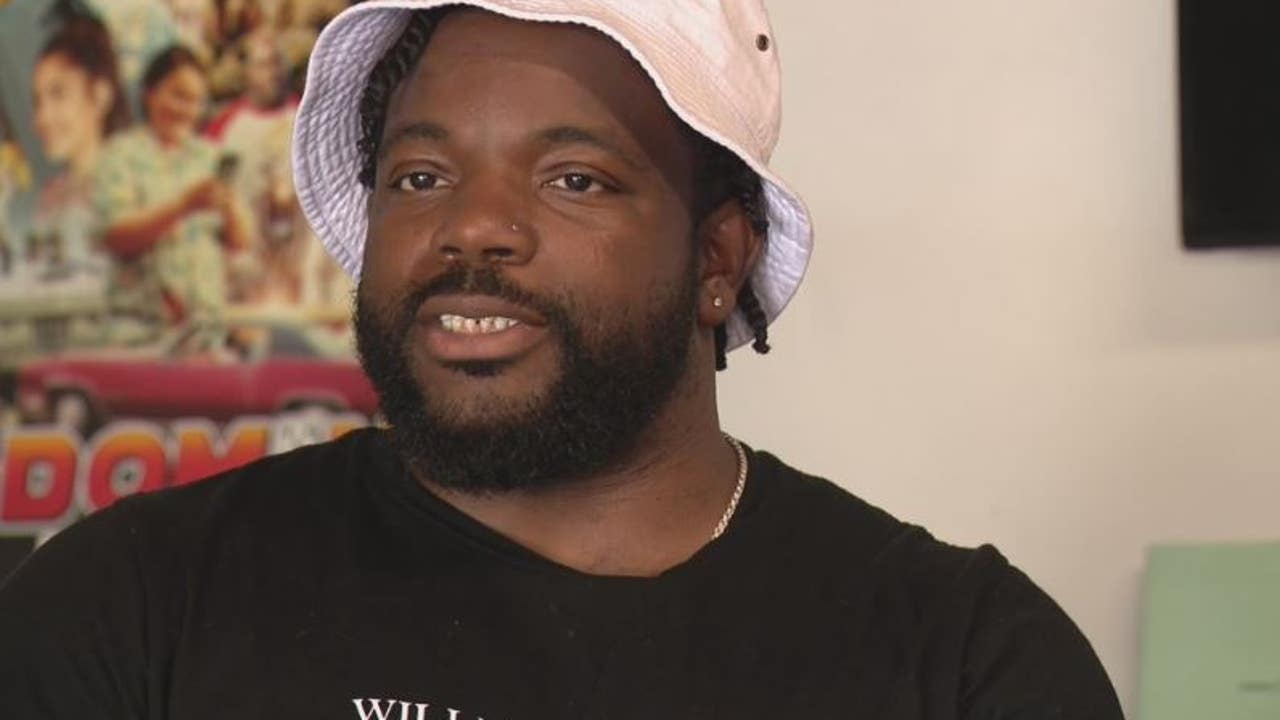
China-Taiwan tensions and the likely responses by India, Russia and the US
[ad_1]
India
oi-Vicky Nanjappa


New
Delhi,
Aug
19:
China
conducted
military
exercises
in
the
Taiwan
Strait
in
response
to
the
US
House
of
Representatives
Speaker,
Nancy
Pelosi
visited
Taiwan
earlier
this
month
as
part
of
her
congressional
tour
of
the
Indo-Pacific.
Her
earlier
stops
included
Singapore
and
Malaysia
and
ended
with
South
Korea
and
Japan.
China
decided
not
to
sit
idly
and
the
world
continues
to
watch
the
developments.

U.S.
House
Speaker
Nancy
Pelosi,
left,
and
Taiwanese
President
President
Tsai
Ing-wen
wave
during
a
meeting
in
Taipei,
Taiwan.
PTI
It
was
eight
days
after
the
military
drills
around
Taiwan
began
did
India
broke
its
silence
on
the
issue.
The
response
was
similar
to
what
New
Delhi
has
been
telling
Beijing
on
the
tense
Sino-India
border.
India
urged
restraint
and
said
that
any
attempt
to
unilaterally
change
the
status
quo
must
be
avoided.
To
be
sure
the
status
quo
has
been
changed
unilaterally
after
Chinese
fighter
planes
and
warships
crossed
the
median
line
in
the
Taiwan
Strait.
The
developments
in
Taiwan
have
already
escalated
tensions
between
Washington
and
Beijing
further.
The
US
too
acknowledges
Taiwan
as
part
of
ne
China.
However
it
does
not
accept
China’s
claim
to
the
island
nation.
China
feels
that
the
US
is
now
changing
its
ne
China
policy.
India
on
the
other
hand
seeks
greater
engagement
with
the
Indo-Pacific
region.
This
is
because
the
Taiwan
Strait
130
lm
wide
at
its
narrowest
point
between
China
and
Taipei
is
important
to
trading
flow
from
East
Asian
factories
into
the
global
market.
This
is
also
the
primary
routes
for
goods
between
Japan
and
China
as
most
part
of
South
Korea.
India
which
has
comprehensive
economic
partnership
agreements
with
with
Japan
and
South
Korea
recently
inked
an
economic
cooperation
and
trade
agree
with
with
Australia.
Moreover
tensions
escalating
in
Taiwan
would
also
mean
that
India
takes
a
hit
on
the
semiconductor
front.
Taiwan
and
India
have
developed
an
economic
relationship
and
some
political
interactions.
In
December
2021,
India
and
Taiwan
began
negotiations
on
Free
Trade
Agreement
with
a
special
focus
on
developing
India
into
a
semiconductor
manufacturing
hub.
India
on
its
part
has
always
supported
the
freedom
of
navigation
and
would
continue
to
do
the
same
for
the
Taiwan
Strait
as
it
threatens
to
become
a
flashpoint
for
colliding
big
power
ambitions.
On
Friday
last,
the
White
House
said
that
the
it
is
all
set
to
conduct
new
air
and
maritime
transits
in
the
Taiwan
Strait
during
the
coming
weeks.
Despite
tensions
the
US
will
continue
to
fly
and
sail
and
operate
where
the
international
allows
consist
with
its
longstanding
commitment
to
freedom
of
navigation,
Kurt
Campbell,
the
White
House
coordinator
said.
“That
includes
conducting
standard
air
and
maritime
transits
through
the
Taiwan
Strait
in
the
next
few
weeks,”
he
said.
Russia
on
the
other
hand
which
is
busy
with
the
war
on
Ukraine
is
unlikely
to
play
much
of
a
role
in
this
conflict.
In
fact
following
the
Pelosi
visit,
Russia
backed
China
and
called
the
US
a
state
provocateur.
Russia
confirms
the
principle
of
‘one
China’ and
opposes
the
independence
of
the
island
in
any
form
the
Kremlin
had
said.
Kremlin
spokesman
Dmitry
Peskov
told
reporters
while
he
was
not
in
favour
of
using
the
word,
but
added
that
the
visit
by
Pelosi
was
a
provocation.
Story first published: Friday, August 19, 2022, 8:33 [IST]
[ad_2]
Source link


